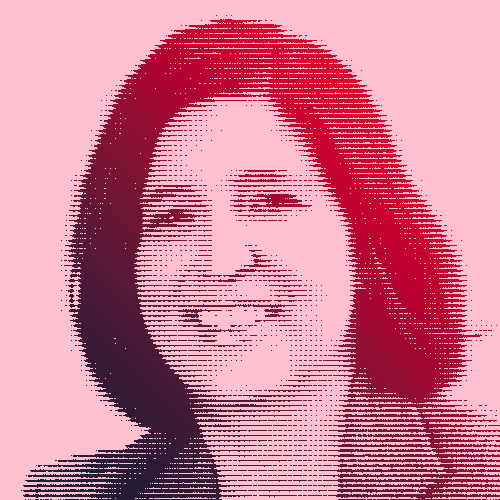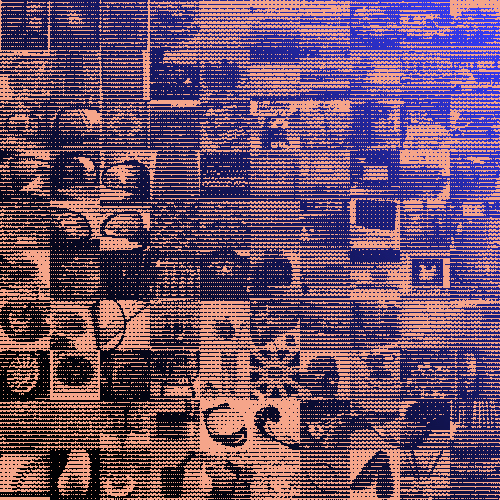Many experts specialize in one area. Sometimes two or three. American microeconomist Susan Athey (1970) has plunged deeply into a wide range of topics ranging from timber auctions to machine learning. As well as winning numerous awards for her contributions, she is also passionate about using economics to tackle social problems.
Action-packed career
Starting her undergraduate degree at Duke at the age of just 16, Susan Athey studied 3 majors (mathematics, economics and computer science), before completing a PhD at Stanford University by the age of 24. During a summer job, she started delving into the problems of procurement auctions, and applied auction research would become a life-long passion for her.
Taking on an array of prestigious posts at MIT, Stanford and Harvard, she also worked as a consultant for Microsoft, is active at the Stanford Institute for Economic Policy Research and was the first woman to be awarded the John Bates Clark Medal — for the most significant contribution from an economist under 40. She also found time to get married to econometrician Guido Imbens and have two children.
“We want to think of the economist as engineer, that we want to get out and actually use the tools of economics to make markets work better.”
A bid for diversity
Her early experience of auctions inspired her research, taking it in many different directions — from collusion in repeated games to the existence theorem for private information and empirical work on the econometrics of auctions. This not only lead to changes in the way auctions are run in the US (dispute mechanisms were too lenient), but also opened new ways to model uncertainty and understand investor behavior.
Taken by tech
More recently, she has also looked auction model in relation to the economics of the internet, auction-based marketplaces and online advertising. This digital focus has made her one of the pioneers of tech economics — research and teaching on economic incentives leading to responsible technological change. Taking this research even further, she has also explored the impact of machine learning and artificial intelligence on economics.
For example, how ML together with satellite imagery and street maps can help predict economic quantities relating to poverty, safety, and home values.
Making a difference
She is also convinced that we can address social problems by applying the vast potential offered by data. As the founding director of the Stanford’s Initiative for Shared Prosperity and Innovation (ISPI), she helps measure the impact of policies and demonstrate their effectiveness.
Known for her determination, intellect and hard-grafting attitude, Athey will, without doubt, continue to juggle diverse topics to further shape economics, computer science, social policy and beyond in coming years.
Key Dates
-
1995
Her pick of the litter
Finishing her PhD at just 24, Athey is proclaimed “the top draft pick in economics” in a New York Times profile. She was reportedly offered two dozen jobs from which she chose MIT.
-
2007
Going once… twice… Bing!
Athey starts working as a consultant at Microsoft, initially looking at how to use auction design to make its search engine (Bing) more competitive.
-
2018
Sharing is caring
Athey helps found the Initiative for Shared Prosperity and Innovation to look at how we can encourage innovation with massive social impact regardless of the financial return.




